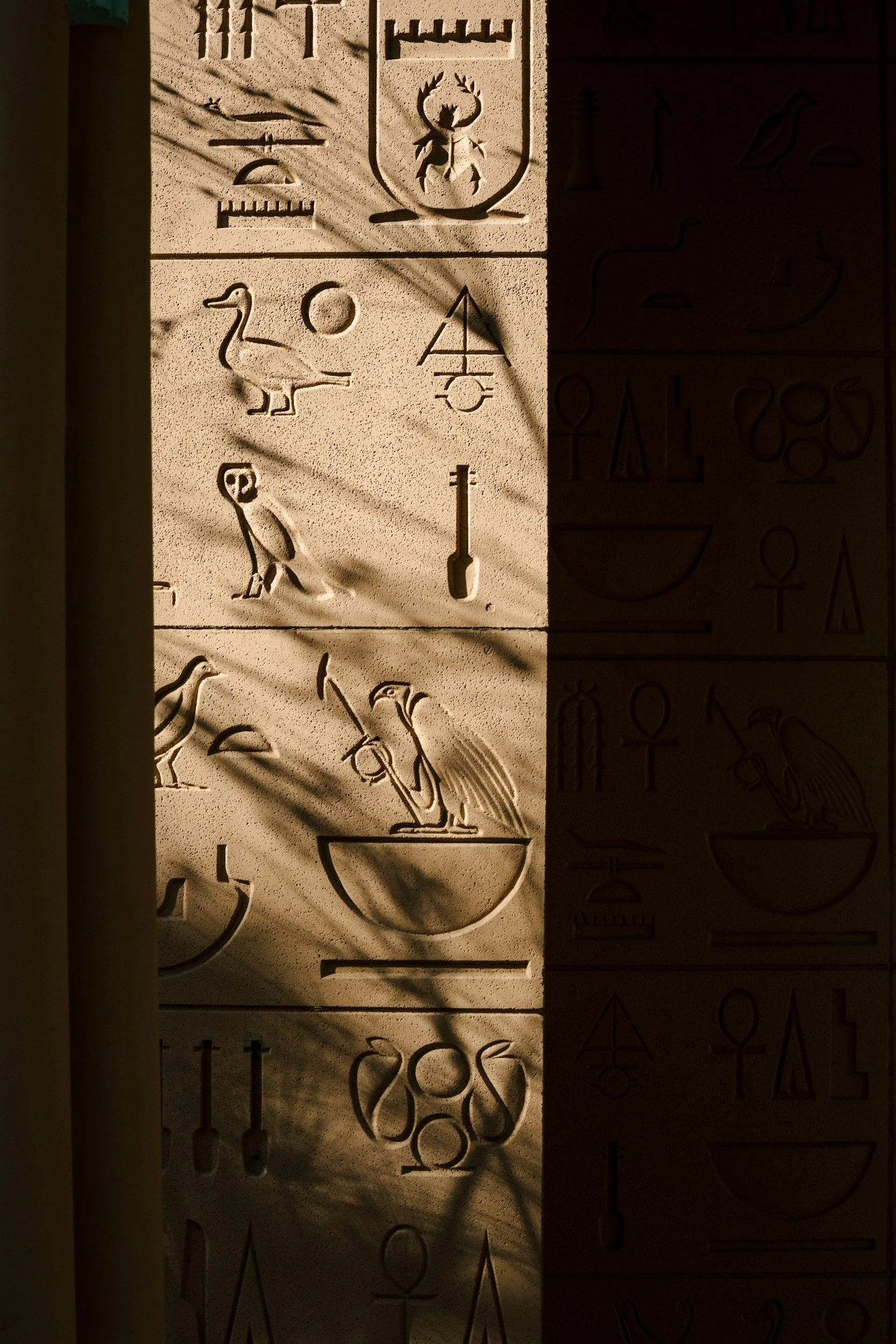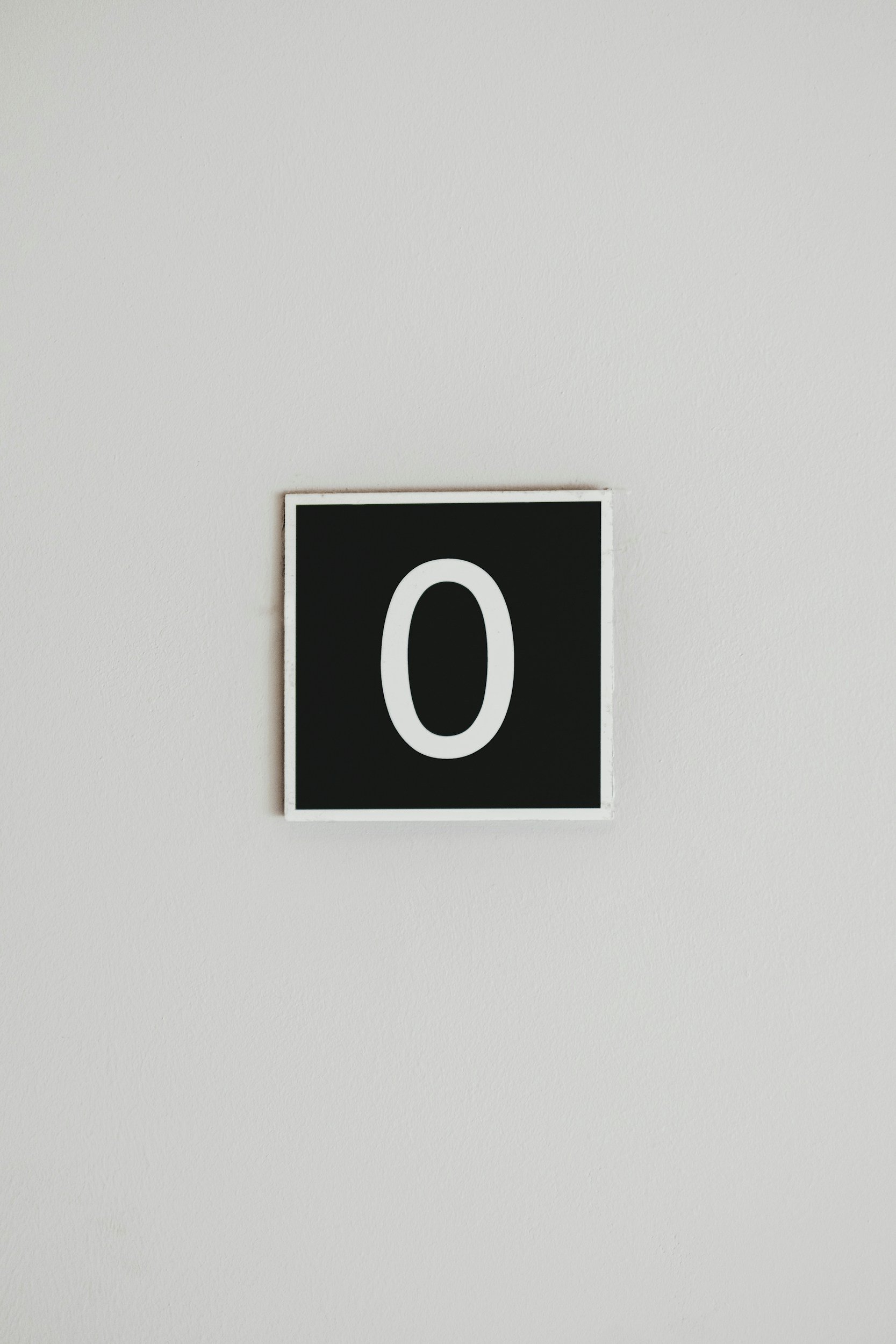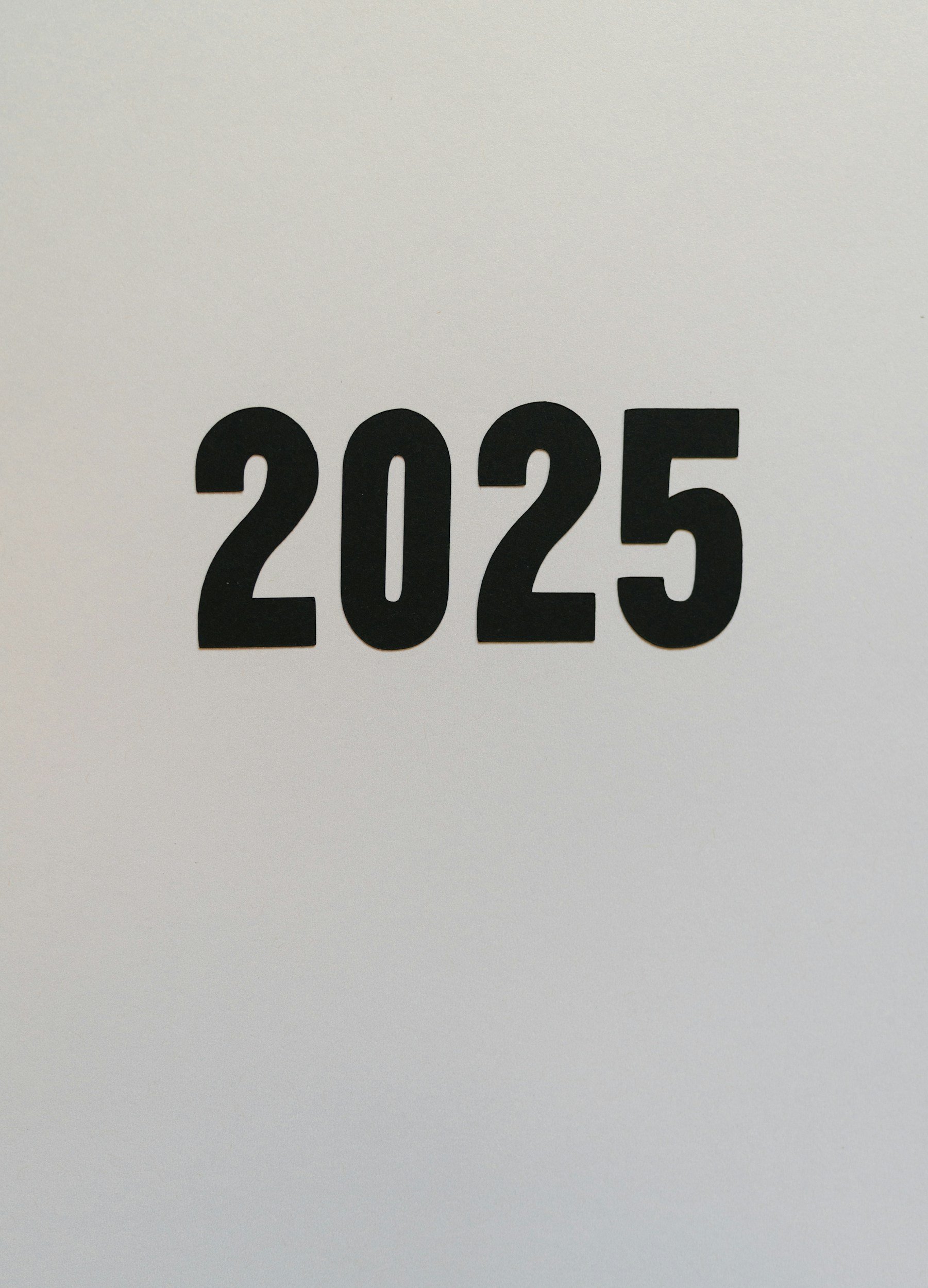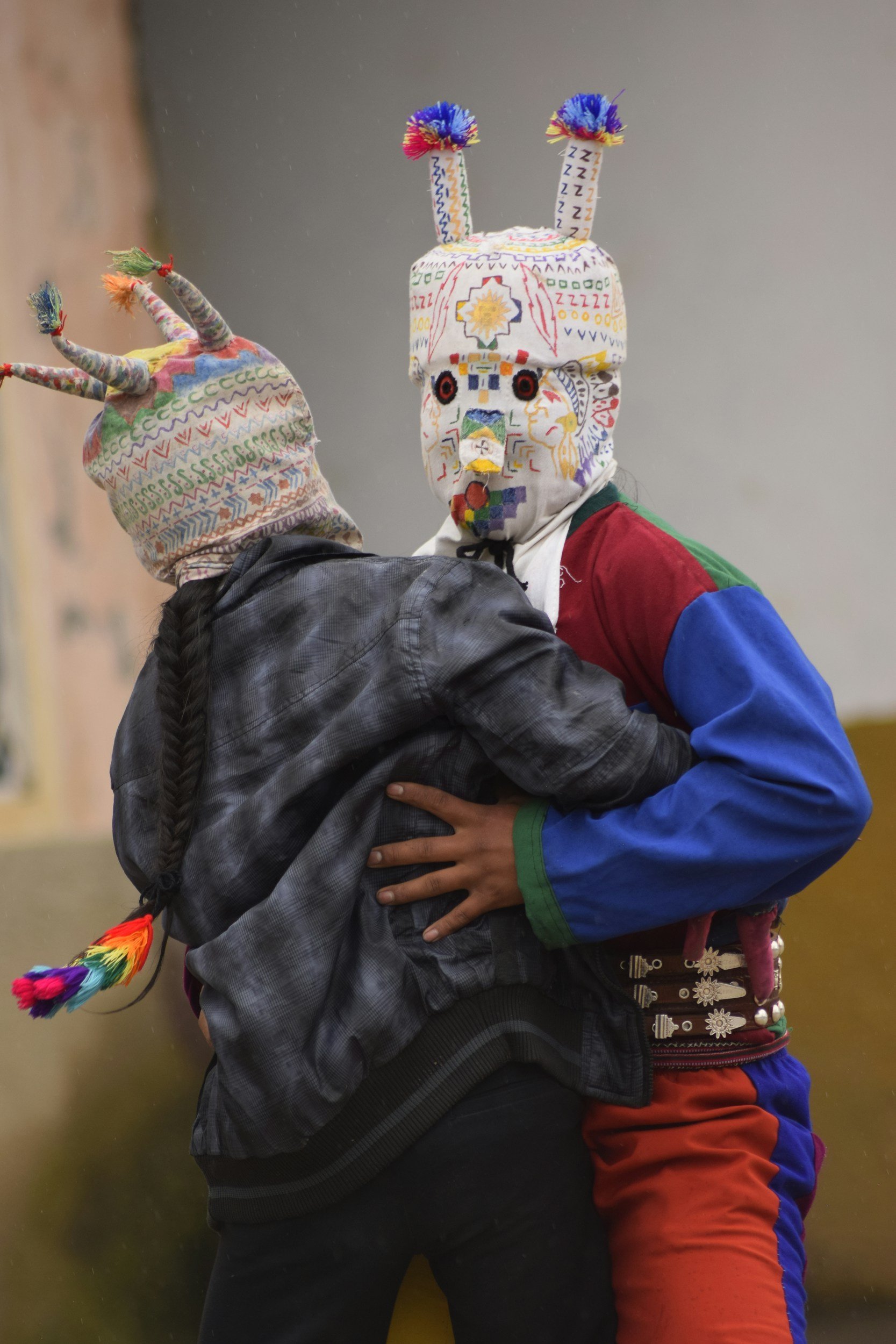The Ekwensu Method: 9 Perspectives Numerology Reading Approach
The Ekwensu Arithmancy Chart Reading Method (Version 1)
This numerology reading method consists of nine layers, its essential purpose is its use as a tool for divination. Anyone can use this Ekwensu method to determine the numerological digits that are relevant to their life path, but when it comes down to actually conducting a full reading i.e translating the meaning of those numbers and their relevance to each persons life, this is where the spirit of divination (Nne Agwu) and the knowledge of numerology which a skilled diviner should possess cannot be ignored. The number ‘9’ is used as a metric in this method because in decimal, or positional notation to base ten, the digit with the largest value is 9 (number nine is the highest single-digit number in the decimal system).
3 Key Factors to Note:
The Nine Perspectives Method we are providing here as a tool for readings or divination is based on the metric system where the number 9 serves as the maximum limit for all derived numeric values. This means that any number derived with each step must be rounded up through addition until it reaches a single digit, ensuring that it does not exceed the set limit (number nine). As we progress, this concept will become clearer.
While it is important to emphasize the significance of rounding up numbers obtained from language maps (which we will illustrate) to a single digit, as previously mentioned. There is still great value in recognizing the final double-digit numbers reached at each point and acknowledging the unique insights they can offer when considered together before focusing on the final single-digit outcomes. In some cases where you have double-digit numbers like 11, 22, and 33, they can offer deeper insights for the individual than their single digit forms because they are known as master numbers. People with these numbers in their life path are thought to embody some form of spiritual mastery on their soul's journey.
The value of each language map lies in its potential as a tool for divination or readings which it draws from the collective consciousness of the selected language's speakers. As long as a significant community of people speak the selected language applied to this method, it will offer valuable perspectives and insights on cosmic design tailored to each individuals path, making it a powerful resource for divinatory readings and understanding cosmic influences.
Fine the nine layers of the Ekwensu Numerology Reading Method below.
Step | Perspective 1: Identify the language map you want to use.
A numeric map can be drawn for any language which has alphabets. A numeric language map in this context is drawn when the alphabets of any language is arranged in ascending order under the metric of numbers 1 to 9. In this post, we will demonstrate examples using two languages: English and Igbo. The language map used in divination is crucial because each language reflects the collective consciousness that an individual is attuned to. As a result, cultural context is a significant factor in this system. To illustrate each step, I will offer myself as a prime candidate since we can speak and understand both English and Igbo. The number of maps needed may differ for each person. Some may find one map sufficient, while others may require more.
Let’s illustrate this first step with an English and Igbo language map:
Numeric match for English alphabet
The English alphabet consists of 26 letters.
(26) English letters and their numeric match:
A-1, B-2, C-3, D-4, E-5, F-6, G-7, H-8, I-9, J-10 (1+0= 1), K-11 (1+1= 2), L-12 (1+2= 3), M-13 (1+3= 4), N-14 (1+4= 5), O-15 (1+5= 6), P-16 (1+6= 7), Q-17 (1+7= 8), R-18 (1+8= 9), S-19 (1+9= 10, 1+0= 1), T-20 (2+0= 2), U-21 (2+1= 3), V-22 (2+2= 4), W-23 (2+3= 5), X-24 (2+4= 6), Y-25 (2+5= 7), Z-26 (2+6= 8).
Numeric match for Igbo alphabet
The Igbo alphabet consists of 36 letters.
(36) Igbo letters and their numeric match:
A-1, B-2, CH-3, D-4, E-5, F-6, G-7, GB-8, GH-9, GW-10 (1+0= 1), H-11 (1+1= 2), I-12 (1+2= 3), Ị-13 (1+3= 4), J-14 (1+4= 5), K-15 (1+5= 6), KP-16 (1+6= 7), KW-17 (1+7= 8), L-18 (1+8= 9), M-19 (1+9= 10, 1+0= 1), N-20 (2+0= 2), Ñ-21 (2+1= 3), NW-22 (2+2= 4), NY-23 (2+3= 5), O-24 (2+4= 6), Ọ-25 (2+5= 7), P-26 (2+6= 8), R-27 (2+7= 9), S-28 (2+8= 10, 1+0= 1), SH-29 (2+9= 11, 1+1= 2), T-30 (3+0= 3), U-31 (3+1= 4), Ụ-32 (3+2= 5), V-33 (3+3= 6), W-34 (3+4= 7), Y-35(3+5= 8), Z-36 (3+6= 9).
Those are two examples of language maps for English and Igbo. Before we proceed with outlining the other eight layers of this method let’s identify the details we’ll use in illustrating every step. The English name for the illustrations will be sloane angelou, while the Igbo name will Ọma Ikenga and the date of birth will be 17th of December, 1993. Okay let’s proceed to the seond step (perspective).
Step | Perspective 2 - Derive a central life path number by adding up all the numbers in your date of birth.
Your date of birth consists of the month, day, and year you were born. For this second layer cultural context could also be relevant, which means if you belong to a culture or speak a language that has their own calendar system which is different from the Gregorian calendar and you understand your date of birth within that context you can derive your numbers there as well and do a reading based on that. But since everyone reading this post understands English and is most likely tuned into the Gregorian calendar, we will use it for our examples.
Let’s illustrate with the date of birth - 17th of December (the 12th month of the Gregorian calendar), 1993. Deriving a central life path number with this second step will involving adding up all the numbers in our date or birth e.g 17(1+7) + 12(1+2) + 1993 (1+9+9+3) = 1+7+1+2+1+9+9+3 = 33 (3+3) = 6.
A central life path number (under the English map) based on the date of birth provided above is the number 6.
Step | Perspective 3 - Identify your birthDAY number.
Your birthday is the date of the day itself when you were born. For our illustration that day would be the 17th, so the birthday number is 17 (1+7 = 8).
The identified birthday number (under the Gregorian system) is the number 8.
Step | Perspective 4 - Identify the number of your month of birth.
Your month of birth is the month in which you were born. For our illustration that month would be December, the 12th month of the Gregorian calendar - 12 (1+2 =3).
The identified number of the month of birth with this example is the number 3.
Step | Perspective 5 - Identify the number for your year of birth.
Your year of birth is the year you were born in. For our illustration that year would be 1993 in the Gregorian calendar. So the year of birth number will be 1+9+9+3 = 22 (2+2 = 4).
The identified number for the year of birth with this example is the number 4.
Step | Perspective 6 - Derive a life path number from your first name.
From the first step we’ve already identified two main language maps that we will use for our illustrations i.e English and Igbo. Now we’re going to use the English name we provided for an illustration with the English map and the Igbo name for the Igbo map.
English first name - sloane. Numeric translation from the English map - S(1), L(3), O(6), A(1), N(5), E(5). Under the English map, our derived numbers would be 1+3+6+1+5+5 = 21. So the numeric value for the name ‘sloane’ will be 21 (2+1=3), the number 3 is a lifepath number derived from this first name.
Igbo First name - Ọma. Numeric translation from the Igbo map - Ọ(7), M(1), A(1). Under the Igbo map, our derived numbers would be 7+1+1= 9. So the number 9 is a lifepath number derived from this first name.
Step | Perspective 7 - Derive a life path number from your last name.
Again to illustrate we’re going to use the two selected languages which we are keyed into i.e Igbo and English.
English last name - angelou. Numeric translation from the English map - A(1), N(5), G(7), E(5), L(3), O(6), U(3). Under the English language, our derived numbers would be 1+5+7+5+3+6+3 = 30 (3+0=3). So the number 3 is a lifepath number derived from this last name.
Igbo last name - Ikenga. Numeric translation from the Igbo map - I(3), K(6), E(5), N(2), G(7), A(1). Under the Igbo map, our derived numbers would be 3+6+5+2+7+1= 24 (2+4=6). So the number 6 is a lifepath number derived from this last name.
Step | Perspective 8 - Derive a central life path number from all your names.
To get this perspective we’re going to add up the numbers we already derived from our first and last names under both language systems (separately) and get our central numbers.
Our English names - sloane angelou ( 3 (2+1) + 3 (3+0) = 6 ), so our central life path number from all our English names under the English map is number 6.
Our Igbo names - Ọma Ikenga ( 9 + 6 (2+4)= 15 (1+5=6) ), so our central life path number from all our Igbo names under the Igbo is number also 6.
Step | Perspective 9 - Identify the number of your market day i.e Èké, Óriè, Àfọ̀, Nkwọ or weekday you were born on i.e Monday to Sunday.
This step is a bonus perspective for people who want to go this far to understand how the numeric value and energy of the day of the week they were born on, within their cultural context, affects them. If you want to see what wisdom the numerological value of your week day can bring to you then this step is for you.
The Gregorian calendar which is the English language system, has seven days in a week. While Iguafo Igbo, the Igbo calendar has a four (market) weekday system. Let’s use the English numeric map to identify the central numbers for each day of the week in the Gregorian calendar. Then proceed to use the Igbo numeric map to identify the central number for each day of the week in the Igbo calendar.
Seven Days of the Week in the Gregorian Calendar with their Numeric Values:
Monday: M(4), O(6), N(5), D(4), A(1), Y(7) - 4+6+5+4+1+7= 27 (2+7=9). The numeric value for Monday is the number 9.
Tuesday: T(2), U(3), E(5), S(1), D(4), A(1), Y(7) - 2+3+5+1+4+1+7= 23 (2+3=5). The numeric value for Tuesday is the number 5.
Wednesday: W(5), E(5), D(4), N(5), E(5), S(1), D(4), A(1), Y(7) - 5+5+4+5+5+1+4+1+7= 37 (3+7= 10, 1+0= 1). The numeric value for Wednesday is the number 1.
Thursday: T(2), H(8), U(3), R(9), S(1), D(4), A(1), Y(7) - 2+8+3+9+1+4+1+7= 35 (3+5= 8). The numeric value for Thursday is the number 8.
Friday: F(6), R(9), I(9), D(4), A(1), Y(7) - 6+9+9+4+1+7= 36 (3+6= 9). The numeric value for Friday is the number 9.
Saturday: S(1), A(1), T(2), U(3), R(9), D(4), A(1), Y(7) - 1+1+2+3+9+4+1+7= 28 (2+8= 10, 1+0= 1). The numeric value for Saturday is the number 1.
Sunday: S(1), U(3), N(5), D(4), A(1), Y(7) - 1+3+5+4+1+7= 21 (2+1= 3). The numeric value for Sunday is the number 3.
So whatever weekday you were born between Monday to Sunday, you can draw some insight from what wisdom each day and their numeric value has to offer you.
Four Days of the Week in the Iguafo Igbo Calendar with their Numeric Values:
Èké: E(5), K(6), E(5) - 5+6+5= 16 (1+6= 7). The numeric value for Eke market day is the number 7.
Óriè: O(6), R(9), I(3), E(5) - 6+9+3+5= 23 (2+3= 5). The numeric value for Orie market day is the number 5.
Àfọ̀: A(1), F(6), Ọ(7) - 1+6+7= 14 (1+4= 5) or if you prefer to spell as Àfọ̀r: A(1), F(6), Ọ(7), R(9) - 1+6+7+9= 23 (2+3= 5). The numeric value for Afo market day is the number 5.
Nkwọ: N(2), KW(8), Ọ(7) - 2+8+7= 17 (1+7= 8). The numeric value for Nkwo market day is the number 8.
You can gain insight from whatever Igbo market day you were born between Eke to Nkwo and its numeric value has to offer you. Same goes for any other language with an alphabet system, once you can draw out the numeric language map for your language using number 9 as a metric, then you can derive the numbers that are relevant to you and pull out the wisdom you need from them through numerology.
Okay! Those were the nine perspectives for the Ekwensu numerology reading method. Before we end, let's review a few key points that are relevant to this process.
Four Important Points to Note:
There is such a thing as the spirit of divination and it plays a crucial role in the interpretation of numbers during readings, guiding the process after relevant numbers have been determined. A refined intuition is also essential for discerning which of the many possible interpretations of each number should apply to a person's path, based on what stage of their life they are at. Divination cannot happen without actively engaging the divine.
Each number derived from this process holds deep symbolic meanings with multiple (possible) layers of interpretation, with each one offering up to seven different insights per number. True to the nature of the concept of duality inherent in the human condition which we are all subject to, every number's symbolism has both its positive and negative, and can be understood in both lights.
While Numerology and Arithmancy are universal practices, cultural context is crucial in interpreting number symbolism. Similar to how language maps clarify numeric values within specific linguistic systems, a person's cultural context influences their understanding of numbers. In fact, numeral systems can differ qualitatively between languages. For instance, the symbolism of numbers like 3 or 5 in English culture may not perfectly align with their meanings in Igbo culture, though there can still be significant parallels.
The nine perspectives method outlined here offers a comprehensive view for exploring various aspects of one's numeric chart, for those interested in interrogating multiple layers of self through numerology or arithmancy. While engaging fewer perspectives can still yield valuable insights for each person, focusing solely on a single perspective or number and limiting interpretations to that extent is an approach I find problematic (and strongly discourage). As human beings we contain multitudes.
We'll stop here for now. Feel free to leave a comment in the comment section below with any questions or thoughts you might have.
Cool Proverbs & Axioms to ponder on:
Ekwensu, Ugo tugbulu agwo - Ekwensu, the Eagle that pecked the evil serpent.
Ewensu na ra ajo mmuo ike - May Ekwensu take away the strength of evil spirits.
Ewensu Awolo Mmuo! - Ekwensu the mysterious leopard of the spirit realm, the mystical shapeshifter.
Recommended Resources:
Ekwensu Explained - Igbo Spirituality | Medicine Shell (YouTube)
The Age Of Aquarius Is The Age Of EKWENSU | UGOEBENAJA (YouTube)
A Simple Introduction to Igbo Numerology (Volume 1)—eBook
Igbo Numerology Category | Odinani Mystery School (Blog)

















